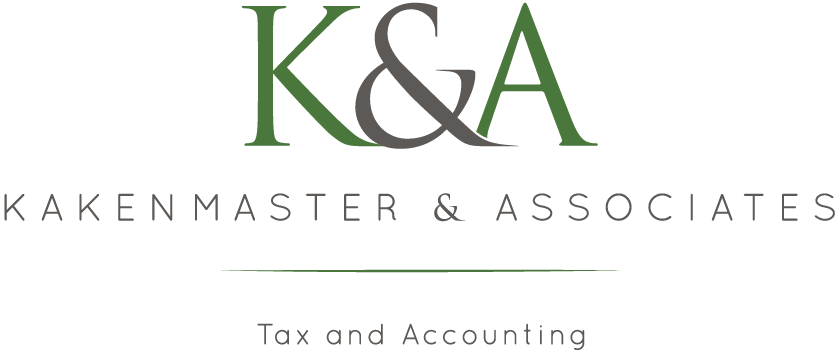This week, the President signed the Families First Coronavirus Response Act, which expands the Family Medical Leave Act (FMLA).
Highlights of the Act include:
Employers must provide two weeks of paid sick and family leave to employees who cannot work or telework due to one of the following circumstances:
The employee is subject to a coronavirus quarantine or isolation order.
The employee has been advised by a health care provider to self-quarantine due to coronavirus concerns.
The employee is experiencing symptoms of coronavirus and is seeking a medical diagnosis.
The employee is caring for someone who is subject to a coronavirus quarantine or has been advised by a health care provider to self-quarantine.
The employee has children whose school or place of childcare is closed, or their childcare provider is unavailable due to coronavirus precautions.
Under these circumstances, employers are required to provide up to 80 hours of paid sick leave for full time employees, and for part time employees an amount equal to the to the number of hours the employee works on average over a two-week period.
There is a cap of sick leave of $511 per day and $5,110 in total for leave taken on one’s own behalf (items 1-3 above). There is a cap of $200 per day and $2,000 in the aggregate for leave taken to take care for another (items 4 and 5 above).
Employers must provide up to 12 weeks of paid leave to employees who are unable to work or telework due to their children’s’ school or place of childcare being closed or their childcare provider being unavailable due to a coronavirus emergency. Employees would get two-thirds of their regular rate of pay for their normal number of scheduled work hours. There is a cap of $200 per day and $10,000 in total.
A refundable tax credit for employers equal to 100% of both qualified paid sick and paid family leave for each calendar quarter. This credit applies to amounts paid in the situations outlined above and can be applied against the employer portion of Social Security taxes.
Steps to strengthen unemployment insurance protections.
No cost testing for the coronavirus for those who need it, without co-pays or deductibles.
Increased food assistance for low income families and federal funding for Medicaid.
The act mainly applies to employers with between 50 and 500 employees. Large companies with over 500 employees are exempt. Businesses with under 50 employees can be exempted. Health providers, such as hospitals and nursing homes, are also exempt.

